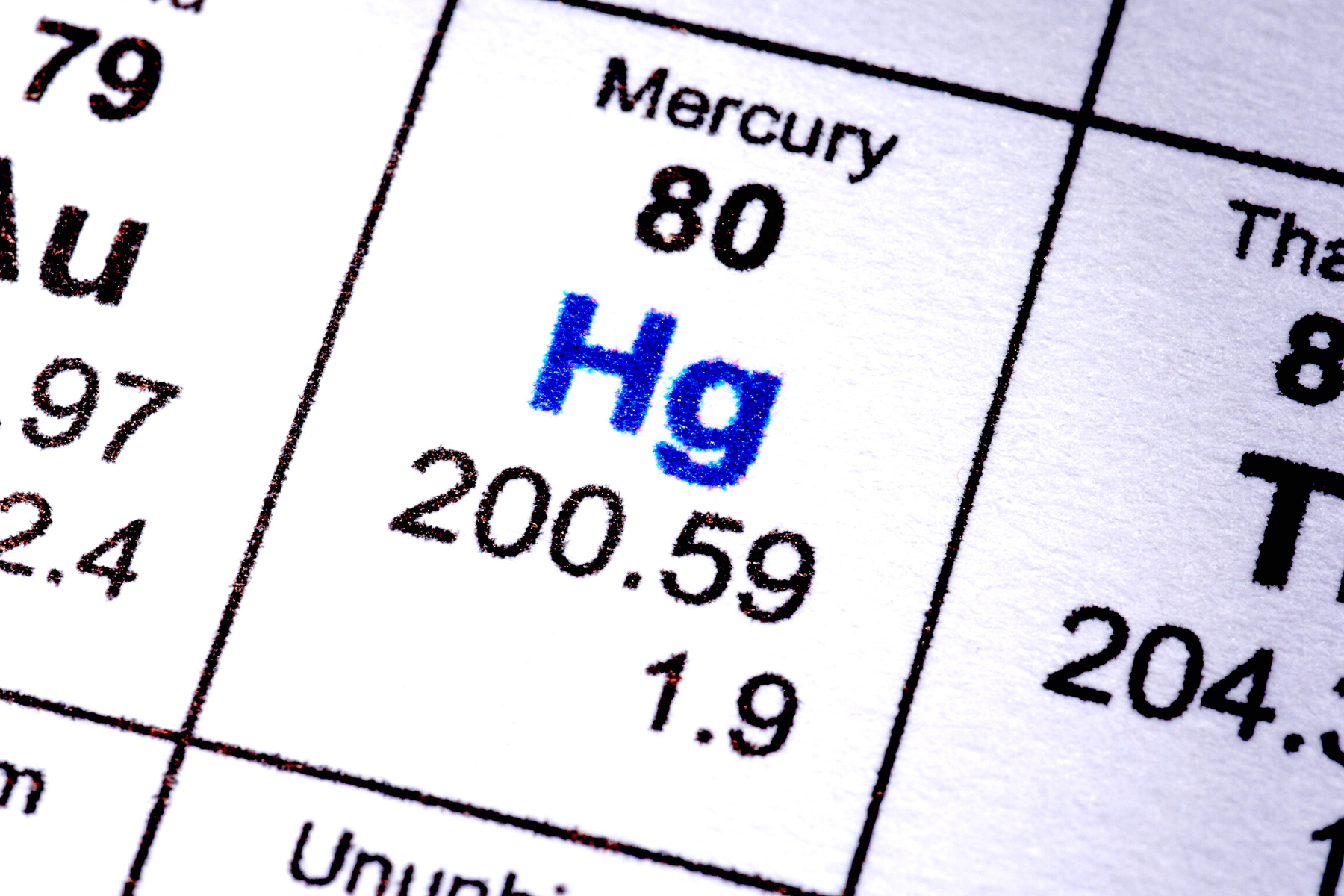
St. Paul, MN—Today, during its annual meeting, health, disability and environmental groups are questioning Patterson Dental’s continued production, distribution, and sales of dental amalgam. Composed of 50% mercury, a well-known neurotoxicant, amalgam is a health risk for children and other vulnerable populations, and results in a significant release of mercury pollution.
Following up on the letter the groups sent last week to Patterson’s President and CEO Mark Walchirk, they questioned whether continued amalgam sales are consistent with the St. Paul-based company’s Corporate Responsibility commitment to “implementing greener practices” and “promoting diversity and inclusion.”
“Patterson’s continued sales of mercury amalgam flies in the face of their environmental pledges, and disproportionately impacts Black, Brown, and Indigenous dental patients,” said Tess Dornfeld, Healthy Legacy Organizer for Clean Water Action Minnesota.
It has now been two years since FDA issued a safety notice recommending against amalgam use in children, pregnant women, breastfeeding mothers, and other high-risk populations, including those with neurological issues or kidney disease. In apparent response to the FDA safety communication, two major U.S. publicly traded companies, Dentsply and Envista, have exited amalgam.
As noted in the Journal of the National Medical Association commentary “Is Amalgam Toxic to Children of Color?” the risks of mercury exposure fall most heavily on children in non-white communities. Amalgam’s mercury disproportionately pollutes the lower-income and Black, Brown, and Indigenous neighborhoods often located near remaining sources of mercury, including waste incinerators, crematoria, and coal-fired power plants.
“The question for Patterson shareholders is: do they recognize the legal, shareholder, customer, and public relations vulnerabilities of a publicly-traded company selling amalgam?” said Michael Bender, Director of Mercury Policy Project. “Or do they want to continue polluting the environment, harming disadvantaged people, and pursuing profits over being a good corporate citizen?”
The concerns are not just related to exposure to mercury in the amalgam itself, but also the life cycle of amalgam that adds to cumulative and disproportionate impacts on marginalized communities. These communities already face higher exposure to mercury and other harmful chemicals where they live, learn, work and play, including mercury in skin lightening creams and dietary mercury from fish.
Once dominant in dentistry, amalgam has been surpassed in technology by non-invasive, non-polluting, tooth-friendly, and comparably-priced alternatives.
Martha Moriarty of the Learning Disabilities Association of Minnesota said, "Mercury-free alternatives are cost-effective, perform as well, and are available and used worldwide. We are asking Patterson to only sell the safer, non-polluting alternatives, which will also help protect children's brain health."
Finally, the groups note that while the science on amalgam and health continues to evolve, the data are strong enough to prompt a global shift away from mercury-based fillings. The World Health Organization recently declared mercury a major public health and environmental concern, recommending composite and glass ionomer fillings as healthful, cost-effective alternatives to amalgam. The European Union bans amalgam in children younger than age 15, pregnant women, and breastfeeding mothers. Many other countries have banned or limited amalgam use. And the Minamata Convention on Mercury, which the U.S. signed in 2013, has called for a phase-out of amalgam use in those same vulnerable groups.
###
For more information:
Patterson 2020 Corporate statement
FDA’s Amalgam Safety Communication
The Mercury Policy Project (MPP) works to promote policies to eliminate mercury uses, reduce the export and trafficking of mercury, and significantly reduce mercury exposures at the local, national, and international levels. We strive to work harmoniously with other groups and individuals who have similar goals and interests. MPP is co-lead of the Zero Mercury Working Group (ZMWG), an international coalition of more than 110 public interest environmental and health non-governmental organizations from over 55 countries from around the world formed in 2005 by the European Environmental Bureau and MPP. ZMWG strives for zero supply, demand, and emissions of mercury from all anthropogenic sources, with the goal of reducing mercury in the global environment to a minimum. For more information, see www.zeromercury.org.
Clean Water Action works at the national, state and local level to develop strong, community-based environmental leadership and bring together diverse constituencies to work cooperatively for policies that improve lives and protect water. Clean Water Action has been in Minnesota since 1982, focused on finding solutions to health, consumer, environmental and community problems and working to protect our water and our people. Learn more at www.cleanwater.org/MN.
The Healthy Legacy coalition focuses on phasing out toxic chemicals that persist and build up in our bodies and environment. Clean Water Action and the 35 members of the coalition support protective state and federal policies which require chemicals to be assessed for safety so that public health and the environment are protected. The Healthy Legacy coalition encourages businesses to develop and use safe substitutes for toxic chemicals and educates and empowers people to protect themselves and their families by supporting healthy businesses and practices. Learn more at www.healthylegacy.org.
Learning Disabilities Association serves children and adults with learning disabilities, their families, and the professionals who work with them. LDA’s Healthy Children Project reduces pregnant women and children’s exposure to chemicals that harm brain health by advocating for safer products, food, water, and air, and sharing the latest tips on how to protect your family from harmful chemicals. Learn more at www.ldaamerica.org.